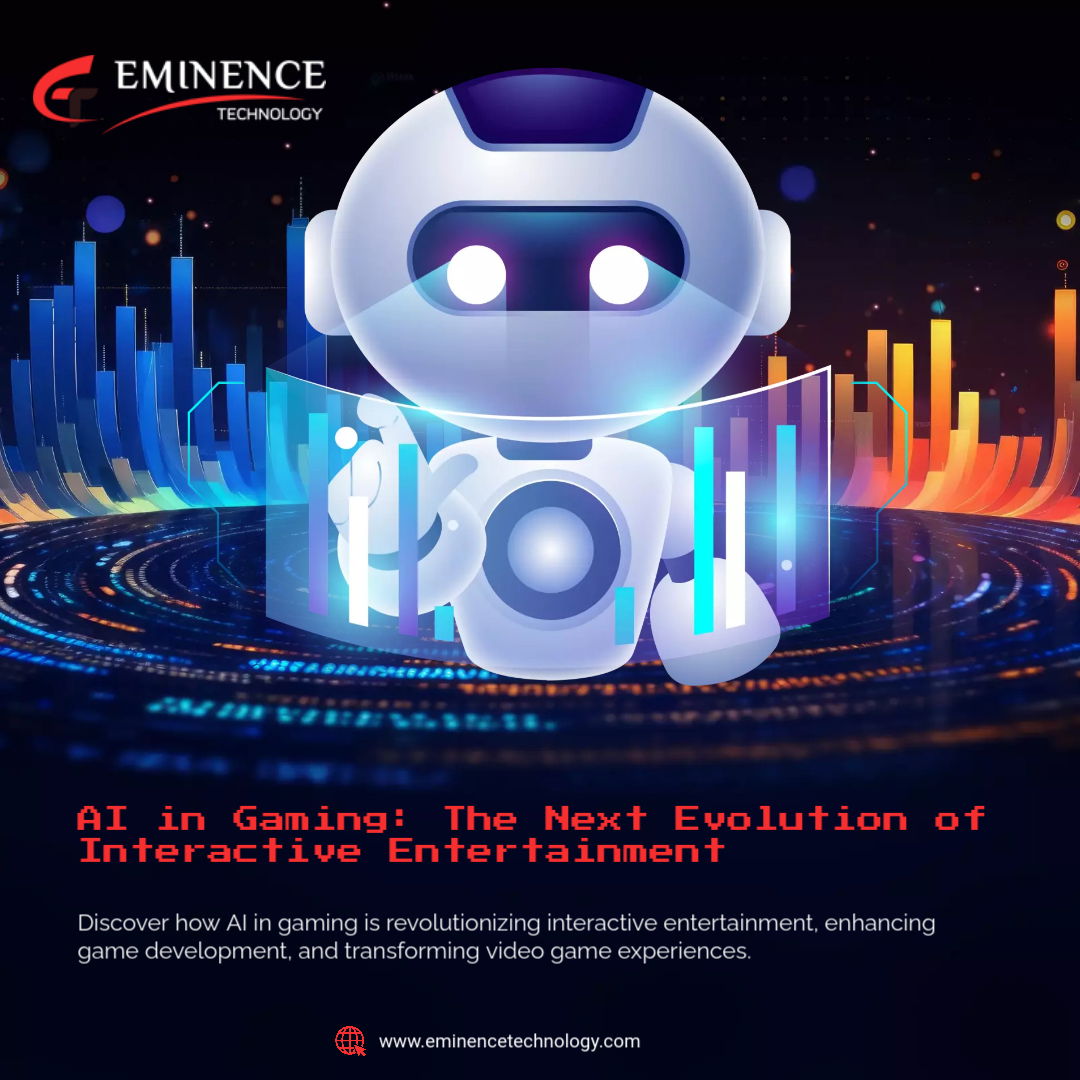Machine Learning and AI in Game Development in 2025
Machine learning in game development has evolved significantly, pushing the boundaries of what artificial intelligence (AI) can achieve in interactive entertainment. As we step into 2025, AI-powered game development continues to redefine NPC behavior, procedural content generation, and player engagement, offering more immersive and dynamic gaming experiences.
The Rise of AI in Game Development
AI has been a crucial component in game development for years, but recent advancements in machine learning have made it even more powerful. With improved algorithms, deep learning models, and real-time decision-making capabilities, AI-driven gaming elements have become more sophisticated.
From adaptive AI opponents that learn from player strategies to realistic procedural world generation, machine learning in game development is transforming the industry. Developers are now using AI not just to enhance gameplay but also to streamline production workflows, automate game testing, and optimize player engagement.
Key Applications of Machine Learning in Game Development
Intelligent NPCs and Adaptive AI
In 2025, AI-powered NPCs (non-playable characters) are more dynamic than ever. Traditional NPCs followed scripted paths, but with machine learning, they can now:
- Learn from player behavior and adapt their responses accordingly.
- Improve over time, making encounters more challenging and engaging.
- Create personalized story arcs, changing interactions based on past choices
Example: Games like "The Last of Us Part III" could implement AI-driven NPCs that remember past interactions and adjust their strategies in real time.
Procedural Content Generation
Machine learning is also transforming game worlds through procedural content generation. AI can create:
- Expansive open-world environments with unique landscapes.
- Personalized missions and quests tailored to player preferences.
- Dynamic enemy encounters that prevent repetitive gameplay.
With AI-driven procedural generation, developers can create vast, unpredictable game worlds without manually designing every element.
AI-Powered Game Testing and Debugging
Game testing has always been a time-consuming process, but machine learning automates much of it. AI can:
- Identify bugs and glitches before human testers even play the game.
- Simulate thousands of gameplay hours in a short time.
- Optimize difficulty balancing based on player performance metrics.
This reduces development time and ensures a smoother gaming experience at launch.
AI-Driven Player Experience Optimization
AI can analyze player behavior and tailor experiences to suit individual preferences. Features include:
- Dynamic difficulty adjustment, where the game automatically modifies challenges based on player skill.
- Personalized recommendations for in-game purchases, quests, or multiplayer matchmaking.
- Real-time AI coaching, offering hints and strategies to improve player performance.
This creates a more engaging and user-friendly experience, keeping players invested longer.

How Eminence Technology Enhances AI-Powered Game Development
Eminence Technology is at the forefront of AI-powered game development, leveraging machine learning to enhance NPC behavior, procedural content, and overall player immersion. Their expertise includes:
- Advanced AI algorithms that make NPCs smarter and more realistic.
- Procedural generation techniques for creating expansive, dynamic game worlds.
- AI-powered analytics to optimize player engagement and retention.
By integrating cutting-edge AI solutions, Eminence Technology ensures that games remain innovative, immersive, and highly engaging.
The Future of Machine Learning in Game Development
As AI and machine learning continue to evolve, the future of game development looks promising. Some emerging trends include:
- AI-generated narratives, where games craft unique stories based on player choices.
- AI-assisted game design, where developers use AI to create levels, characters, and mechanics.
- Hyper-realistic AI characters, making digital humans more lifelike and emotionally responsive.
With these advancements, machine learning in game development will continue to push creative and technological boundaries.
Conclusion
The impact of AI and machine learning in game development is undeniable. In 2025, these technologies are making games more dynamic, intelligent, and immersive than ever before. Whether through smarter NPCs, AI-driven world generation, or automated testing, developers are harnessing machine learning to revolutionize gaming.
With companies like Eminence Technology leading the way, AI-powered game development is set to redefine how players interact with virtual worlds. The future of gaming is AI-driven, and the possibilities are limitless.
